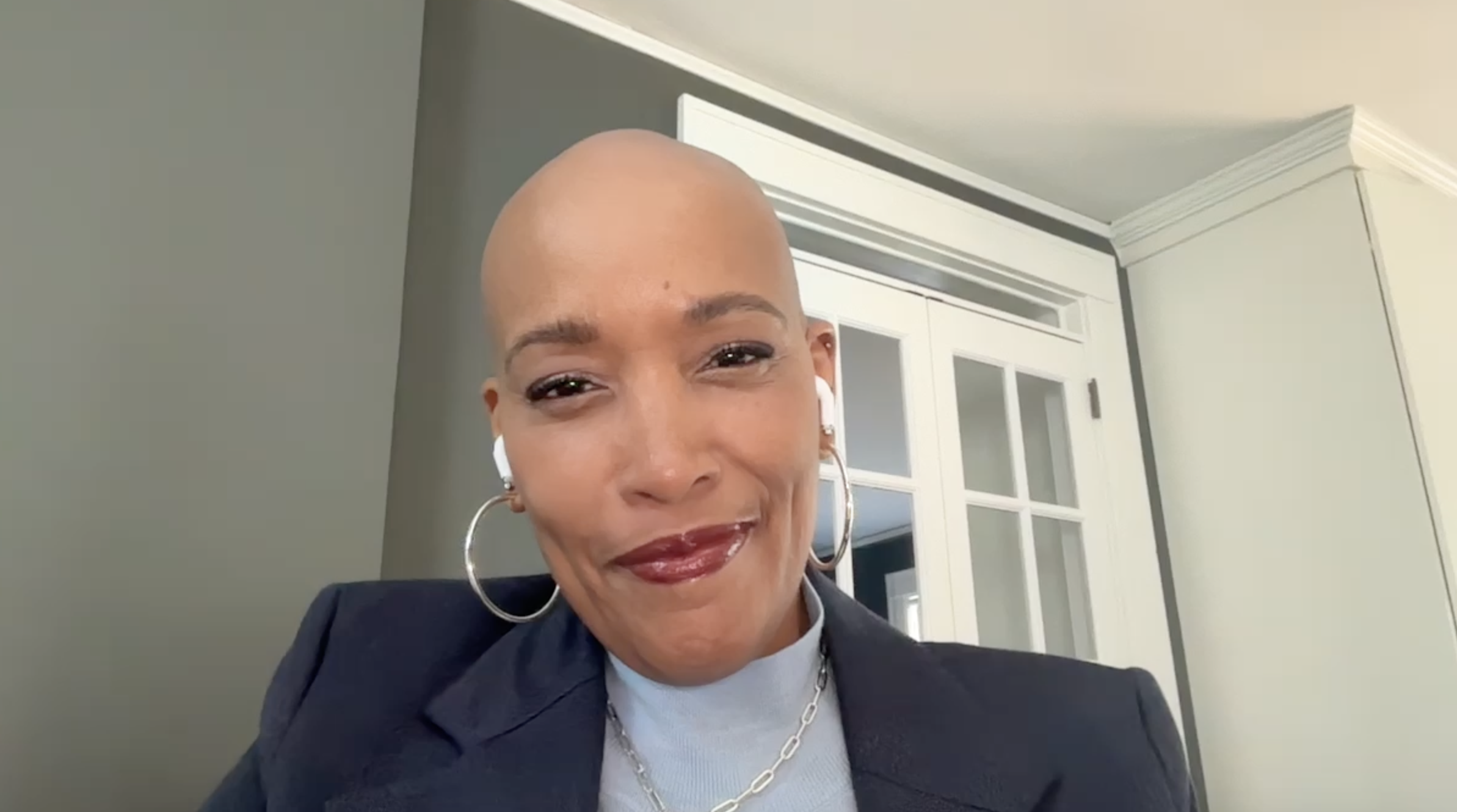
Career Coaching
Career coaching is a tool that professionals often turn to when they are looking to make some kind of change in their careers. Yet, as with career pathing, career coaching is not only for the employee – it’s also highly beneficial to organizations.
What Is Career Coaching?
Career coaching is the engagement of an external expert, most often a dedicated coach, to guide an employee in their career choices and help them with challenges in the workplace. Some career coaches can also be used for advice about resumes, negotiations, and interviews.
Career coaches are sometimes seen as a type of counselor. However, there are important differences between the two. Career counselors engage in various tests and interviews to provide advice over the course of a few sessions. In comparison, a coach establishes a comparatively long relationship with a client and gets to know them thoroughly. Together, the coach and client examine a multitude of options before a path is chosen, and they remain in touch for further advising once the employee takes on a new role.
The Advantages of Using a Career Coach
Common methods for obtaining career advice include:
- Approaching successful peers or potential mentors within an organization
- Independent research
- Psychological and career counseling
- Working with an HR department
What’s unique about working with a coach is that the process is typically free of the bias that can arise when working with someone who already knows the employee. Anybody who is personally familiar with a candidate might have preconceived notions of what they can achieve, while a coworker can be predisposed towards the welfare and accepted career path of the organization.
In comparison, coaches must be objective in order to provide effective advice. A coach also enables a sense of accountability from their client, a factor that greatly improves the chance of success. Finally, because a career coach is constantly exposed to new ideas, common dilemmas, and best practices, they have a greater reserve of knowledge from which to draw advice. This is as opposed to the average employee who only deals with career issues on an occasional basis.
Career Coaching within the Organization
Many people turn to a career coach only when they feel as though they have run out of options in their current role. Yet it is advisable to use career coaching before such a point is reached – even when a person’s current career path is going well. The desperation of ‘reaching a dead end’ can result in poor choices, particularly in terms of seeing opportunities with the existing employer. Getting advice from a career coach when times are good can result in a calmer process and better decisions. For this reason, organizations should be encouraging employees to access a career coach, either on their own or through the HR/L&D department.
A career coach can help a client to:
- Prepare for increased responsibilities, particularly the movement to a managerial position
- Examine new avenues at their current workplace, perhaps by shifting departments or moving to a different location
- Identify personal and professional skill gaps as technology advances and preferences for certain soft skills development
Organizations that support career coaching enjoy many benefits, such as higher retention rates, increased productivity, and improved managerial capabilities.
The Process of Career Coaching
The typical setting of a career coaching session is a one-on-one meeting. While in the past career coaching has often been in person, virtual sessions are becoming more common and allow for a wider variety of options as you can use a career coach from anywhere in the world. Each session lasts about an hour and takes place at least once a month. Sessions might be more frequent if the employee rapidly achieves an action item, which is a popular method used by coaches to propel their clients towards a major goal.
Initial meetings will consist of assessments and discussions regarding work history, personal life, and current professional challenges. The coach will then guide the client towards hypothetical career destinations, often through the use of a coaching model such as GROW or OSKAR.
Another unique aspect of coaching is that the client ultimately decides which path to take; the role of the coach is to cooperatively investigate the practicality of each step and eventual goal. Therefore, the method involves more of a question-answer format than actual advising.
Grow Your Career Coaching with Growthspace
The long-term engagement of a career coach requires a good personal connection with the employee. Any extended contract tends to be expensive, so finding coaches of the highest quality is necessary for ROI. That’s why it is imperative to match leading coaches with clients with whom they can easily interact.
Growthspace’s employee development platform connects employees with top-notch career coaches who have been vetted according to specialty, success rates, and client review rankings. Growthspace makes it easy for organizations of any size to source the best coaches for their needs and implement efficient and effective L&D programs.


